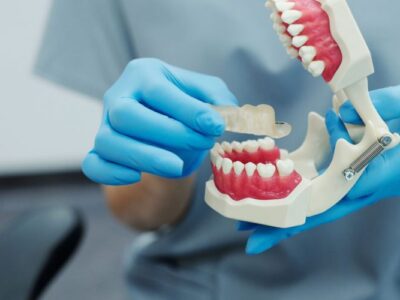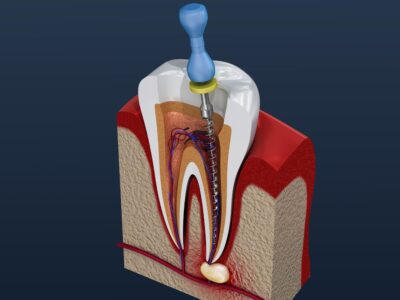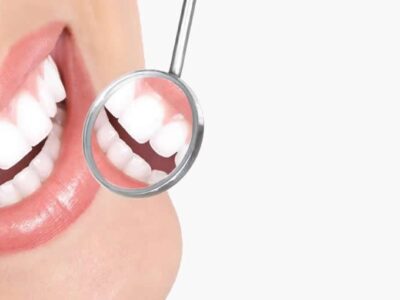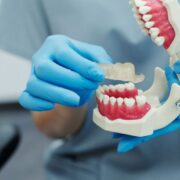
Hormone imbalances occur when your body produces too much or too little of a hormone. These hormones help you coordinate several body functions, including growth, reproduction, metabolism, and mood. A hormonal imbalance can lead to serious health problems, including infertility and heart disease. There are several conditions and disorders that cause hormonal imbalances, and they can affect men, women, and even children.
Luckily, there are several treatments available for these conditions. While the causes vary, some of the common signs and symptoms include weight gain, fatigue, irregular periods, and acne. In addition to treating the symptoms, a healthy lifestyle and diet can help to balance your hormones.
Depending on the type of hormone imbalance you have, you may need medication to treat it. Other common treatment options include a hormone replacement therapy and hormone therapy. However, it is important to know that some hormonal imbalances will not require any medical intervention, while others can be life-threatening.
Hormones are essential for maintaining optimal health. They help control your appetite, sleep, and the growth and development of tissues. If you have a hormone imbalance, you may experience symptoms such as headaches, depression, or insomnia. You can tell if you have a problem with your hormones by taking a hormone test.
The endocrine system is made up of eight major glands. It secretes 50 different hormones. Each hormone plays a crucial role in your life. Several of the hormones play a role in the menstrual cycle, and some levels fluctuate throughout your life.
Hormones are the body’s messengers, and they travel through the bloodstream to organs. They regulate the heart rate, sleep patterns, metabolism, and stress. Your hormones also carry messages to your neuroendocrine cells, which receive these messages and perform various functions.
Because hormones are important for your health, they are not always easy to diagnose. However, many symptoms indicate a hormonal imbalance. This is why it’s important to speak with your doctor about any symptoms you’re experiencing. Once you get a diagnosis, you can begin to make the necessary changes to your lifestyle. For instance, you can take medications to help regulate your hormones, avoid certain foods, and exercise.
It’s also important to keep a note of any symptoms that come up. Consult a men’s health clinic in Fort Lauderdale for ED and to support you throughout this process, as a specialist can review at your medications, as well as any other possible reasons for the symptoms you’re experiencing.
You can’t avoid all risk factors for hormonal imbalance, but you can make changes to your lifestyle to decrease the risk of having an imbalance. For example, you can reduce your alcohol intake, eat more fruits and vegetables, and avoid smoking. Additionally, you can try exercising to help you manage stress and insulin levels.
A hormone imbalance can be caused by a variety of different things, so it’s important to talk to your doctor to find out what the best options are for you. Although some people may think they’re eating a healthy diet, they could be unknowingly causing the imbalance to worsen.
Hormone imbalances can be a serious condition if not treated. They can cause a variety of problems, including depression, weight gain, and sex problems. The symptoms vary depending on the type of hormone and the underlying reason for the imbalance.
Most people will experience some kind of hormonal imbalance at some point in their lives. These imbalances are more common during puberty, menopause, and pregnancy. There are many different types of hormones, and some of the most common are estrogen and progesterone.
Hormones are chemicals produced by glands in the endocrine system. They are responsible for several bodily functions, including metabolism, stress response, sleep, and appetite. Many of these hormones are secreted through the bloodstream and travel to different parts of the body to control them. When there is an imbalance, the amount of hormones in the bloodstream becomes too high or too low.
Hormones are important for life. Each one plays a vital role in maintaining homeostasis, or the balance of all the chemicals in our bodies. In a healthy person, the hormones regulate the function of the various organs and tissues in the body.
Some of the most common signs and symptoms of a hormone imbalance include weight gain, depression, acne, and fatigue. These can be caused by a variety of factors, such as stress, a poor diet, and medication. While there are a number of medications available to treat hormonal imbalances, it is best to talk with your doctor about any symptoms you may be experiencing.
The most effective way to detect a hormonal imbalance is to have your hormone levels tested. This can be done by a doctor, and your doctor can refer you to a specialist if necessary. You can also keep a diary or log of your symptoms to help your doctor determine if you have a hormonal imbalance.
Your doctor will likely diagnose you with a hormonal imbalance based on the results of the tests. They will look at your lifestyle and any medications you may be taking. If you have any symptoms, such as hot flashes, night sweats, or mood changes, you should consider seeing your doctor. Several of these symptoms are also related to stress and anxiety.
Some of the most important things you can do to help balance your hormones is to eat a healthy, balanced diet and exercise. Exercise can help you battle obesity and manage insulin and other hormones. Getting enough rest and avoiding stress can also be helpful.
Hormone imbalances can affect both women and men. Women’s hormonal imbalances can be caused by a variety of factors, including endocrine disorders, medications, and medical conditions. Treatments for these imbalances can include hormone replacement therapy, as well as medication.
Men’s hormone imbalances can be caused by a varietyof reasons, including a low production of testosterone, or a genetic disorder. Medications can help balance these hormones, as can natural remedies. However, there are no natural remedies proven to cure hormonal imbalances.
6301 NW 5th Way #1300 Fort Lauderdale, FL 33309
800-518-8719
Monday-Friday 9am-6pm
https://preferredmensmedical.











